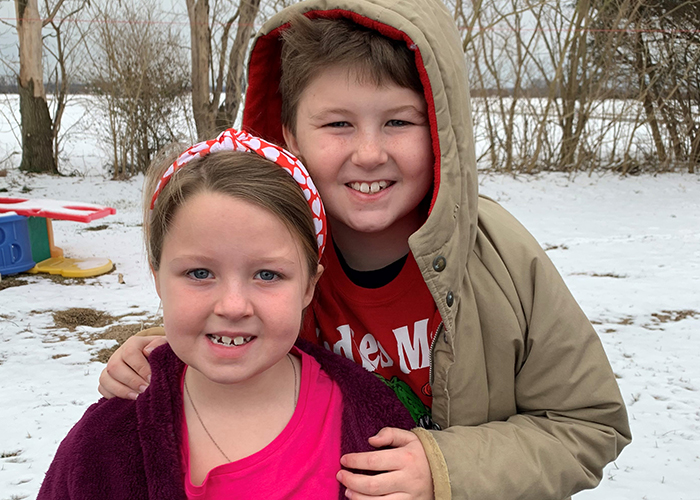What Does Smoking Have To Do With Breast Cancer?
Smoking causes a number of diseases and is linked to a higher risk of breast cancer in younger, premenopausal women. Research has shown that there may be link between very heavy second-hand smoke exposure and breast cancer risk in postmenopausal women.
In addition to being a contributing factor in breast cancer in women, smoking also causes lung cancer, throat cancer, mouth cancer, and more. Smoking affects every organ and system in your body, from your head to your toes and from your bones to your skin, including your heart and blood vessels.
According to the American Cancer Society, smoking also increases complications from breast cancer treatment, including:
- Damage to the lungs from radiation therapy.
- Difficulty healing after surgery and breast reconstruction.
- Higher risk of blood clots when taking hormonal therapy medicines.
How to Quit
Quitting smoking is a lifestyle change and a very difficult process. The rewards to your health and how you feel will be dramatic. After only one year of not smoking, your risk of cardiovascular disease decreases dramatically. After just two years of not smoking, your risk of stroke will be almost identical to the person who has never smoked.
Speak with your primary care provider and learn about the different methods available to help you quit smoking and improve your health. The most important part of quitting smoking is your determination. Almost everyone who smokes has tried to quit. The trick is to never quit quitting.
There are resources to help you quit, including Beebe's Delaware Quitline-trained smoking cessation counselors. Beebe's counselors see patients for three free sessions in Lewes and Rehoboth Beach. Set your quit date today.
Trained tobacco specialists staffing the Quitline will assess your needs and explore your best options. Services include:
- Motivational support
- Follow-up support
- Quit-smoking guidebook, You Can Quit Smoking. We'll Teach You How
- Information about quitting, even if you're not yet ready to try
- For eligible low-income callers, vouchers to purchase stop-smoking aids such as nicotine patches or gum


